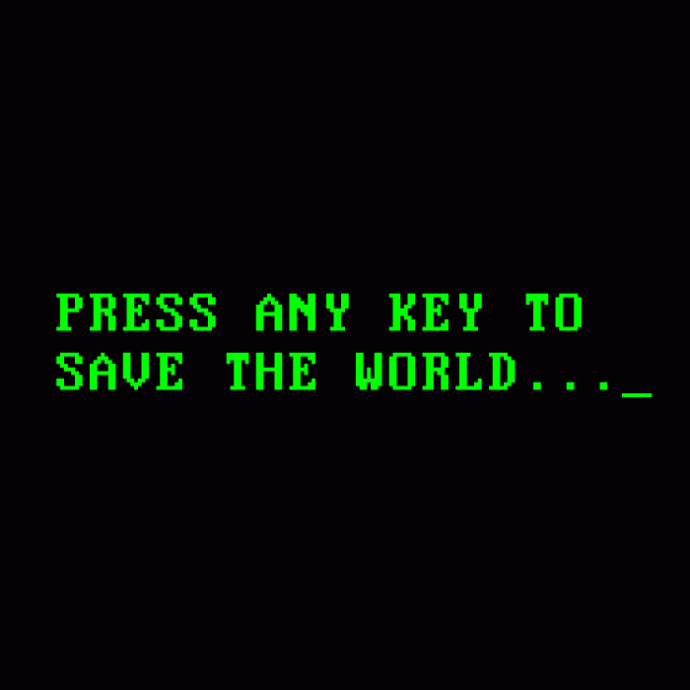There’s a slew of websites that are championing themselves as galvanisers of change and opponents of injustice everywhere. Their e-petitions are dominating your Facebook feed, filling up your inbox, and supposedly changing the world for the better. But in an online climate where attention spans have dwindled in the face of an onslaught of low-quality, hit-harvesting content, they’re not inspiring change, they’re inspiring complacency and inaction. Sam Bavin takes a look at how Avaaz.org et al are impacting activism for the worse in the age of the internet.
“Boycott Sochi 2014!” the post at the top of my Facebook feed bellowed at me in the late summer of last year. Emboldened type; punchy language; dramatic use of exclamation mark – if that wasn’t going to catch my attention, nothing would. My interest piqued, I took a closer look. Turns out a friend had shared the fact that they’d signed a petition – one that was calling for a boycott of the Sochi Winter Olympics because of Russia’s anti-gay laws – on Avaaz.org. I clicked through. I read the mission statement. I added my name too. “Thanks!” the next auto-loading page proclaimed, and then: do you want us to keep you up to date with the other causes we’re fighting for?
“Yes,” I clicked. I wouldn’t consider myself a politically active person by any means, but Avaaz would be making it easy for me to support such causes by sending them straight to my inbox – basically doing the legwork for me. I’d just have to click buttons and I’d be doing my bit. Great. Other websites such as SumOfUs.org and Change.org do the same thing. So I signed up to them too.
Sure enough, all these sites started sending me emails alerting me to human rights, environmental, and economic injustices going on around the world. All of these mails contained revelations that, by and large, genuinely shocked me (Pepsi’s continued use of conflict palm oil from South-East Asia, for example), and outlined causes that were all genuinely worthy of my support. But I stopped adding my name to these petitions. Then I stopped clicking through to the websites after I’d opened the mails they’d sent. And, finally, I started deleting these mails from my inbox before I’d even opened them. It’s not a flattering representation of my humanity, but it also isn’t surprising in light of prevailing trends of content creation and consumption on the internet.
The shelf life of content, no matter how thought-provoking, how shocking, how viral, has diminished to the point of here today, worthless tomorrow. Or sooner. The creation and presentation of content online has undergone a seismic shift thanks to sites like Buzzfeed, Upworthy and The Huffington Post. After all, why expend resources creating when you can curate content from a seemingly endless pool of casual contributors? The consequences of this shift are that the volume of content being created has increased exponentially while its quality has inevitably degraded.
These types of sites constantly and forcefully vie for our attention on social media, wrapping their inane posts in hyperbolic stock phrases — “what this love-struck woodlouse did will blow your mind!/make your jaw drop!/insert sledgehammer-style experiential teaser here” — as they mercilessly harvest hits for their pages. And with such extreme volumes of low quality and aggressively marketed content being shoved in our faces, it should come as no surprise that people reach a saturation point. And quickly. Bombarded with so much info, we develop filters that pinpoint which stuff is directly relevant to us. The rest is filed under ignore.
In short, we stop connecting, we ignore, we switch off. And this is dangerous, because it doesn’t just affect our consumption habits on social media, it influences how we interact with information online in general.
Avaaz, for example, drops between two and four emails into my inbox per week. SumOfUs sends me a similar number, plus reminders too. These emails, by merit of them being sent out to a bulk list of contacts on a regular basis, are impersonal and have an inherent ‘Spam Factor’. What’s more, the senders use a similar lexicon to those sites mentioned above. The language is emotive and hyperbolic: “Effing Monsanto!”, “Save the saddest dolphins”. They’re either trying to elicit an emotional response or adapting to prevailing trends to encourage as many people as possible to click through to their cause – in all likelihood both. The results of this approach, however, are contrary to those intended. The combination of these aforementioned factors encourages us to filter these emails out as unimportant, because they exhibit characteristics similar to other content that we’re already filtering.
Thus we have been conditioned, albeit indirectly, into ignoring issues that legitimately deserve our attention and active engagement when they’re brought to our attention in this fashion. And therein lies one of the key elements that limits the potential of this ‘petition-style’ activism on the internet. The fact that consumption habits online have been completely overhauled, however, isn’t the only factor that makes websites like Avaaz less effective than their rhetoric of change suggests.
The style of online-activism that Avaaz, SumOfUs and Change.org are championing has the potential to facilitate a dangerous kind of apathy with regards to how people act when confronted with important causes that require their action via the internet.
Ticking a box makes it all too easy to absolve oneself of a sense of responsibility pertaining to issues such as climate change and the genocide currently ongoing in South Sudan. It encourages inaction because we believe, as we click, that millions of others who are of like mind are clicking as well (in fact, there’s even a live scroller on Avaaz telling us who’s clicking, and when, to encourage such thought), and that that action – fingertip to mouse – is making the difference. We feel we don’t need to involve ourselves deeper in any manner. We don’t need to know if these websites are acknowledged by the government in the country relevant to the petition (Avaaz, for example, is not recognised by the German government), what specific action will be taken once the quota of names is reached, or how to get involved with organisations that are already working to combat said injustice. It’s a case of: I’ve ticked the box, I’ve done my bit. Thus the impetus to actively rally for a cause becomes impotent – activism slides into slacktivism.
Of course, websites like Avaaz, SumOfUs and Change.org are a huge step in the right direction in terms of activism in an age where corporations and governments are exploiting global networks of power that vast swathes of the earth’s population have little comprehension of. Their attempt to establish an informed international community online, with the power to influence decision making at the highest level in favour of the overwhelming majority, is 100% worthy of praise. And true, it’s a little harsh to charge these websites with inspiring complacency rather than inspiring activity, but they need to be acutely aware of how their methodology has the potential to influence people’s habits in a negative way. It needs be to communicated that registering your support on a website is no substitute for sustained active engagement with the causes such as the ones that are beamed into our inboxes. Activism requires active dissent. And while it might be the case that, one day, clicking your mouse will be tantamount to an active display of dissent, it isn’t yet.







